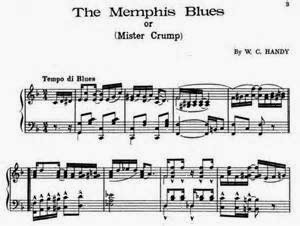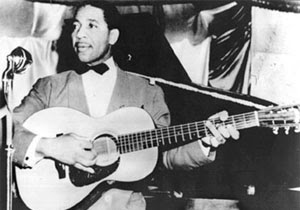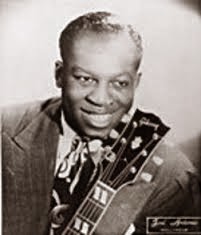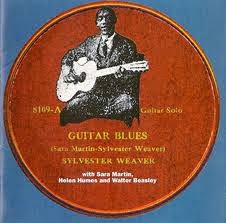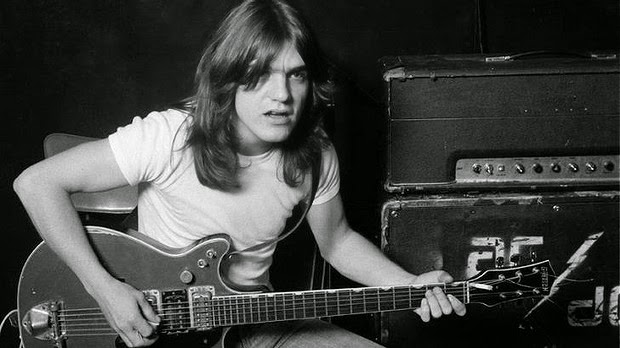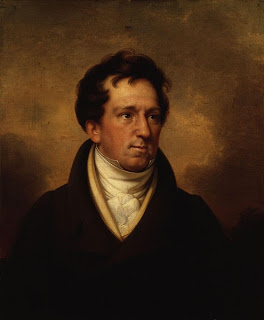 |
| Charles Matthews |
BLUESMUSE25
If you’ve read my earlier blogs, you’ll know it was a German musician who wrote the first African-American-inspired song after hearing slave music in Virginia in 1795. His English wife first performed said song in Boston in 1799.
Some 20 years later, another English performer turned up in America and did something that
kicked-started the cycle of musical evolution that ended up as blues. He was the comedian, Charles Matthews, born in London in 1776. Aged 46, Matthews was Britain’s undisputed master of a now forgotten form of theatre known as table entertainment. Such an act consisted of improvisation, comic songs, mimicry, telling stories and jokes, impersonations, quick change acts and recitations. Matthews’ repertoire included making fun of typical British characters and their broad UK regional accents.
From September 1822 to May 1823, Charles Matthews successfully toured his one-man show to packed theatres across the United States. To the delight of local audiences, Matthews then adapted his act to include caricatures of what he called certain American types and their dialects. These types included the ‘fearless frontiersman’, the ‘clever Yankee’, and the ‘African Tragedian’.
The American audiences loved it, even when Matthews was poking fun at their national stereotypes. To cut a long story short (the longer version’s in my book, America’s Gift), Charles Matthews was watching an African-American theatre company’s performance of a William Shakespeare play in New York one evening when the mixed audience started screaming at the lead actor to sing a popular slave song of the era. This he did, and the crowd went mad. Ironically, the leading actor was not an African American but one James Hewlett, a black West Indian thespian.
Matthews, noting the enthusiastic response to the song, quickly added slave songs to his own act, painting his face black for good measure. Being a master of impersonation, he captured the songs and patois so accurately, his slave music performances became the highlight of his sell-out American tour.
When he took the act back to London, a host of American performers filled his shoes back in the USA to cater for the demand. Thus, a form of entertainment called Ethiopian delineating was born. It was
vulgar, it was working class, it appealed to all races and it predated the now despised minstrelsy by 20 years.
Charles Matthews’ performances of 1822 and 1823 must be considered the exact moment black slave music started the 90-year
evolutionary journey that culminated in blues, as a form of music, being
captured on paper and specifically named, for the first time, in March 1912.

